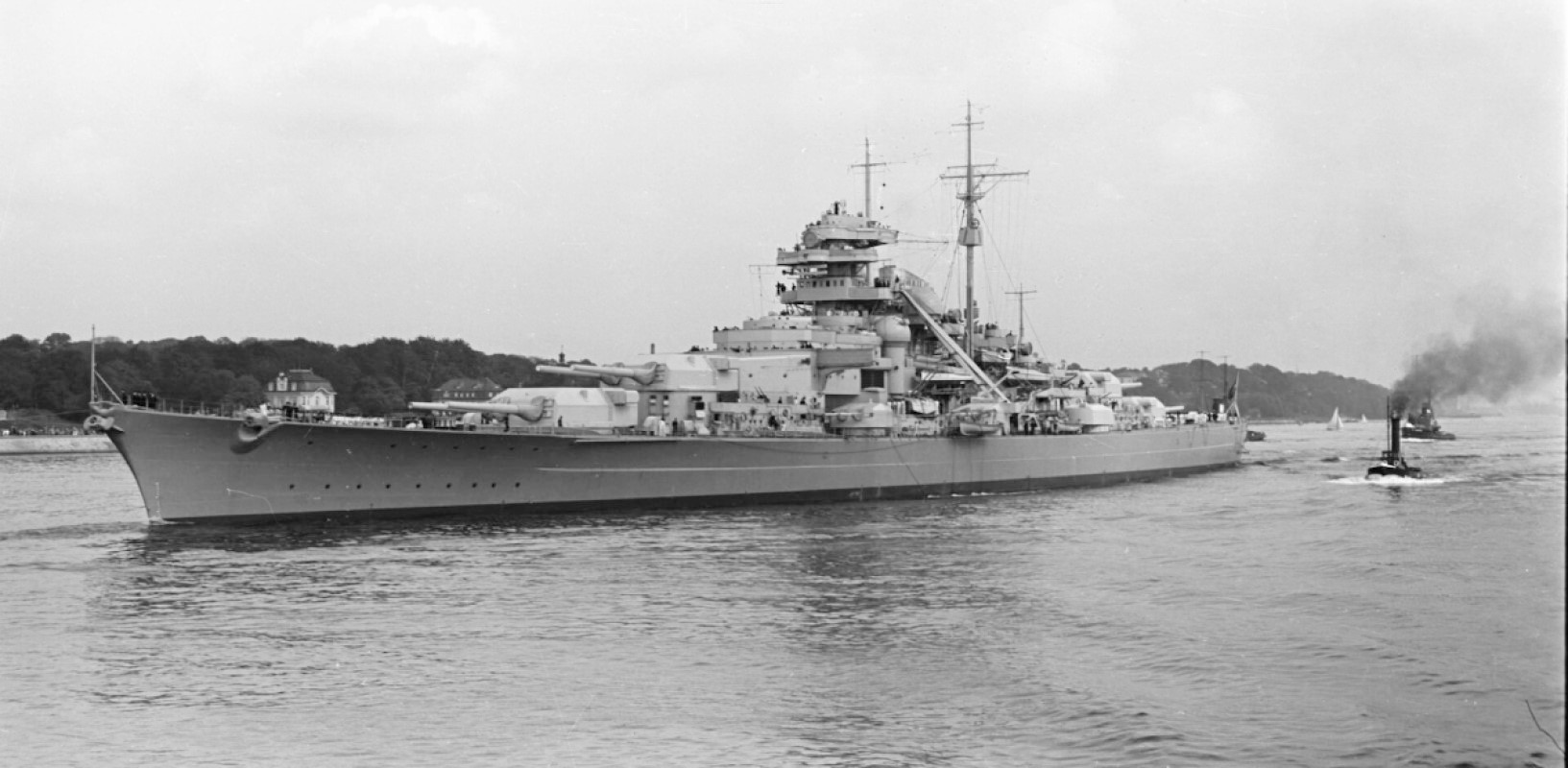It happened today - May 27, 2015
 It is exactly 74 years since the Royal Navy sank the mighty battleship Bismarck in one of those improbable upset victories without which World War II would go by a German name through much of the world and liberty would be largely unspoken. And yet the underlying power of liberty is such that, even with their backs to the wall, free societies possess such resilience that like cartoon superheroes, just when they are about to be flattened and the villain is delivering a triumphant monologue, they suddenly summon hidden reserves of strength and triumph.
It is exactly 74 years since the Royal Navy sank the mighty battleship Bismarck in one of those improbable upset victories without which World War II would go by a German name through much of the world and liberty would be largely unspoken. And yet the underlying power of liberty is such that, even with their backs to the wall, free societies possess such resilience that like cartoon superheroes, just when they are about to be flattened and the villain is delivering a triumphant monologue, they suddenly summon hidden reserves of strength and triumph.
For that reason it’s worth noting that May 27th is also the anniversary of a court challenge to President Abraham Lincoln’s wartime suspension of the ancient writ of habeas corpus. Lincoln had suspended it between Philadelphia and Washington, D.C. to allow military authorities to detain, and thus silence, Confederate sympathizers. And yet with the Civil War hanging in the balance, before the crucial Union victory at Gettysburg, the Chief Justice of the U.S. Supreme Court, riding circuit and sitting as a federal court judge, could not only hear a case challenging the policy but could rule that only Congress and not the President could suspend habeas corpus.
I do not wish to overstate the impact of the ruling. Lincoln himself officially ignored it, though in July in a message to Congress he did feel obliged to argue, implausibly, that Article I, Section 9 of the Constitution did give him that power. In fact the language of Section 9 is passive and thus vague (“The privilege of the writ of habeas corpus shall not be suspended, unless when in cases of rebellion or invasion the public safety may require it”). But as Article I deals with Congress not the Executive it’s clear that in this case at least Taney had the better argument. And in practice the policy of arresting suspected Southern sympathizers was pursued less vigorously; John Merryman himself, though charged with treason for an act he committed as a member of the pro-southern Maryland state militia, was allowed to post bail and was never tried.
Still, it is remarkable that such a case could be heard, and such a ruling issued, in the middle of a great national emergency. Especially as Taney himself had as Chief Justice in 1857 issued the disgraceful Dred Scott ruling that effectively extended slavery throughout the United States and precipitated the Civil War. And yet, with its very survival at stake, the American body politic allowed him to retain his office and issue rulings that altered the manner in which the Commander in Chief prosecuted the war.
Such conduct in free societies, debating key policies and following often cumbersome rules even in national security crises, looks like weakness. But it is in fact strength.